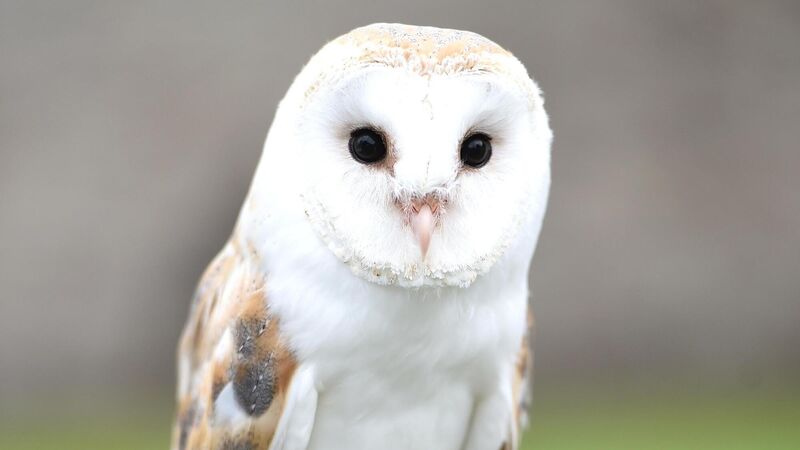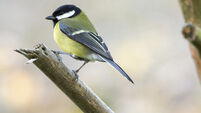Urgent need to get a grip on toxic habit of using poisons

Barn Owls: when the baby owlets hatch out, featherless and vulnerable, the parents will need to catch up to 25 rodents each night to keep the brood fed. Picture: Larry Cummins
In early spring, Barn Owls are already planning for the nesting season soon to come. Prospecting pairs begin to roost together at the nest site, flying out together at dusk, swooping in circles over the treetops, synchronising their movement in a courting dance. During these display flights, male owls call out and females respond, screeches that carry out over the countryside on spring evenings. The screeching sound is echoed in their Irish name: ‘Scréachóg Reilige’ — the graveyard screecher.
Once paired up, Barn Owls are usually monogamous and mate for life. On Valentine’s Day, a friend showed me footage from her owl nesting box, which has been in place on her farm in Kilkenny for several years. She has a camera installed, and was excited to show me the resident pair caught in the act, mating already, a feat of outstretched wings and precarious balance. Once mated, the pair crouched side by side-by-side, but set apart at the maximum distance the next box would allow. They looked almost awkward in the aftermath.








![<p> The International Union for the Conservation of Nature says that “an ecosystem is collapsed when it is virtually certain that its defining biotic [living] or abiotic [non-living] features are lost from all occurrences, and the characteristic native biota are no longer sustained”.</p> <p> The International Union for the Conservation of Nature says that “an ecosystem is collapsed when it is virtually certain that its defining biotic [living] or abiotic [non-living] features are lost from all occurrences, and the characteristic native biota are no longer sustained”.</p>](/cms_media/module_img/9930/4965053_12_augmentedSearch_iStock-1405109268.jpg)